In 2021, 5.6 million people or 22%, reported using a language other than English at home in the Australian census. This was an increase from 4.8 million people or 20.6% in 2016. Of all Australians, 3.4% of the population spoke English not well or not at all.
Quality translation and interpreting services are a necessary part of Australia’s multicultural fabric. They enable people who do not speak the same language to communicate effectively. For people in Australia who do not speak English well or at all, translators and interpreters enable them to access government services, see a doctor or get help from a lawyer who does not speak their language.
Below is brief overview of the translating and interpreting profession in Australia.
National standards & certifying authority
NAATI’s vision is for a connected community without language barriers. NAATI is responsible for setting, maintaining and promoting high standards for the translating and interpreting profession, and is the only organisation in Australia to issue professional credentials (or certification) to translators and interpreters.
NAATI also:
- supports the community by assessing bilingual individuals through Credentialed Community Language testing, migration assessments and Community Language Aide testing, and
- supports the industry through funding opportunities and engagement at relevant forums and conferences.
NAATI is a public, not-for-profit company that is jointly owned by the Commonwealth, state and territory governments.
NAATI does not provide translating and interpreting services or training.
Government
Professional associations
There are two professional associations for translators and interpreters in Australia, and two in New Zealand. Professional associations are member-based, which are voluntary to join. They are each responsible for a Code of Ethics which translators and interpreters are bound by, provide networking and professional development opportunities, and advocate for the profession.
The professional associations in Australia are:
- AUSIT: Australian Institute of Interpreters and Translators Inc
- ASLITA: Australian Sign Language Interpreter and Translators Association
The professional association in New Zealand is:
International associations
There are several international associations for translators and interpreters.
NAATI is a member of the following:
Union for translators & interpreters
There is one union in Australia representing the rights of translators and interpreters.
- Translators and Interpreters Australia: A division of Professionals Australia.
Language service providers
Language service providers are private companies which deliver translating and interpreting services (among other language services, such as multicultural communications or localisation). They contract or employ individual certified (or non-certified) translators and interpreters to deliver services.
There are over 50 language service providers in Australia and New Zealand, and they are usually searchable via the internet.
Many language service providers are members of the Australasian Association of Language Companies (AALC).
Training institutions
There are many training institutions in Australia and New Zealand that provide translation and interpreting training. They include universities, TAFEs and registered training organisations (RTOs).
To become certified by NAATI, people generally need to have completed formal training delivered by these institutions before sitting a test with NAATI.
NAATI has an Endorsed Qualifications program in which qualifications delivered by these institutions have already been identified as teaching and assessing the skills, knowledge and attributes required to be a translator or interpreter. You can view the full list of Endorsed Qualifications here.

